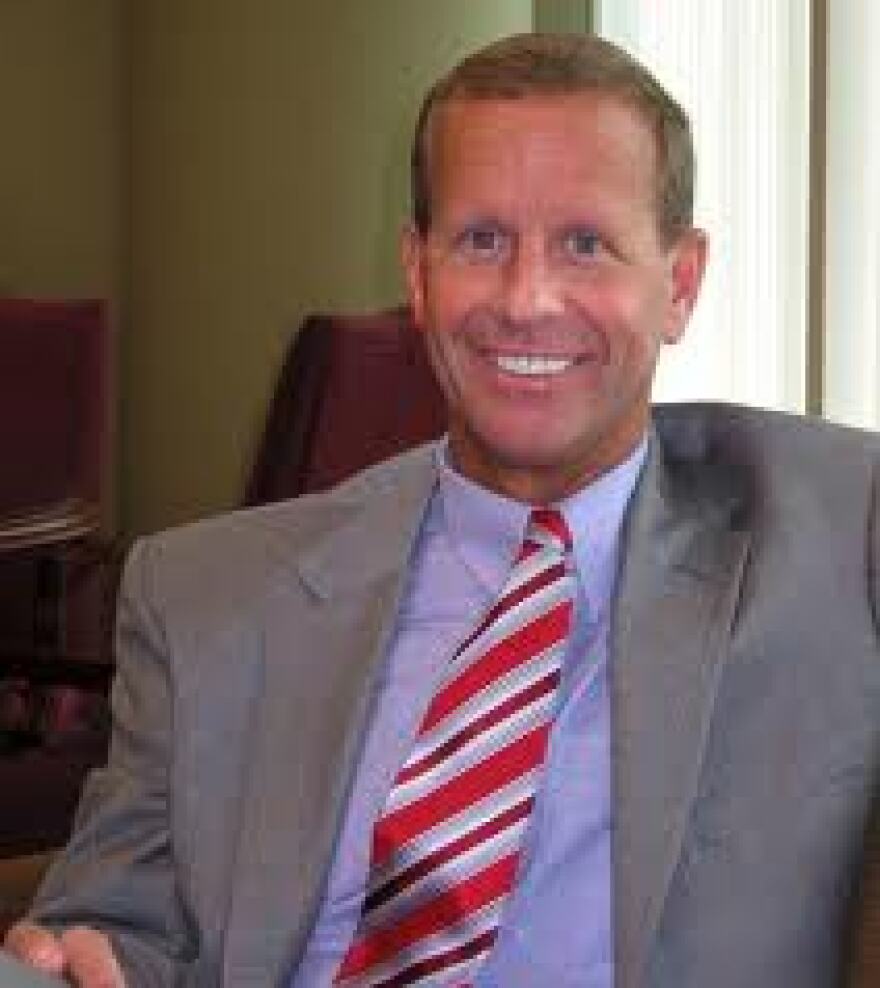By Lynn Hatter
http://stream.publicbroadcasting.net/production/mp3/wfsu/local-wfsu-982691.mp3
Tallahassee, FL – The Higher Education Coordinating Council was created by the legislature to find ways of making public and private community and state colleges and universities work together better. But one area that's pulling every group apart is the issue of creating new degree programs. Lynn Hatter reports on the continuing battle over who can start up new programs, and where.
Back in 2001 the Florida legislature began allowing some of the 28 community colleges to launch Bachelor's degree programs. Today, about 75-percent of those colleges have at least one and are adding more. Other schools say many of those programs are unnecessary, especially when they have has similar programs in the same region. Ed Moore is the President of the Independent Colleges and Universities of Florida.
"Recently the state Board approved a biology degree at a community state college that had objection letters from a public SUS institution and an ICUF private institution saying they would rather do it in another way. The board moved forward and approved the program in biology in an area that has two major state institutions within a 30-mile radius."
Moore is a member of the state's Higher Education Coordinating Council, which was created to get more cooperation between the different college and university systems in the state. Next month, the state University System's oversight board will hear a proposal that, supporters say will help cut down on the degree program confusion. The plan calls for allowing public universities to operate undergraduate courses on community and state college campuses. University system Chancellor Frank Brogan.
"I have several universities that literally believe they can go anywhere in the state and do what they want, when they want. It's never that easy. It's quite possible the university in that other area is doing the same thing. So the overarching BOG is promulgating regulations to say, as long as you're communicating with the other institutions and they agree, then it's perfectly acceptable to continue to do what we've done in the past."
But that doesn't sit well with the community and state colleges. Judy Bilsky is the vice chancellor of the Florida College System.
"The only restriction on it says the university and college should engage in talks for 60 days. At the end of that 60 days, the university has the right to offer them anyway. And that's what the college system is questioning. Isn't that duplication of effort?"
Driving the discord is the issue of money. Universities, community and state colleges are funded based on the number of students they have and as the amount of money available goes down the competition for it goes up.

